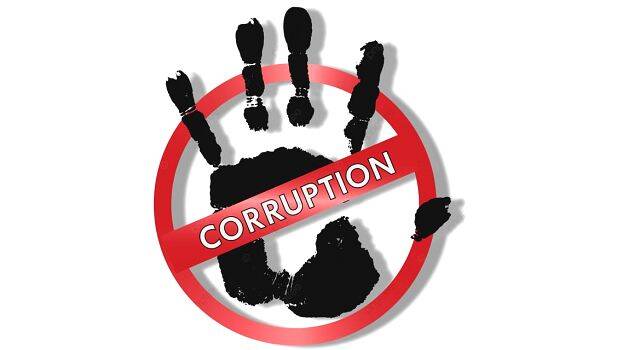

THIRUVANANTHAPURAM: The legal battles against corruption by the rulers and bureaucrats will be weakened with the loss of Lokayukta's power, after Vigilance and CAG. When the Lokayukta with quasi-judicial powers declares that public servants should resign if corruption or irregularities are found, the amendment to the ordinance provides that the responsible authority may reject or accept it after hearing the arguments of both the parties. With this, the administrative system comprising the Chief Minister, Ministers and officials became the appellate authority over the Lokayukta.
Earlier, citizens were able to complain to the Vigilance and file a petition in Vigilance court about the corruption of officials and elected representatives. Vigilance has become a powerless lion, with the amendment that lawsuits should not be prosecuted without the prior permission of the appointing authority. Vigilance cannot act on complaints against higher authorities without the permission of the Chief Minister or the Governor. Vigilance does not have much work to do now apart from finding out small bribe cases. Vigilance headquarters has now become a post office for sending complaints to the government.
Applications for investigation permission are often avoided in the Secretariat.Recently,the cases against the two former ministers and the League MLA were only given permission. Permission was granted to move against VK Ibrahimkunju in the Palarivattom case, VS Sivakumar in the illegal property case and KM Shaji in the Plus Two bribery case.
One week before his retirement, a case was allowed against DGP Dr. Jacob Thomas for not showing land income in his affidavit about his property Tamil Nadu. The governor will also make a decision based on the government's position. The governor must take a decision within 90 days. If denied, the complainant can approach the High Court. Therefore, it is common to reject such complaints and applications. Even the Vigilance Court needs govt's permission to file a case.
For the first time in the parliamentary history of the country, the findings of the report of the Comptroller and Auditor General (CAG), the constitutional body, were rejected by passing a resolution in the Assembly.
The Chief Minister who introduced the resolution accused the CAG of violating natural justice by including Masalabond in the report, without hearing the part of the Finance Ministry that Masalabond is unconstitutional.
The CAG report was submitted to the Public Accounts Committee after omitting eight pages that could have backfired on the government. Amid the opposition protests, a resolution was passed rejecting the CAG